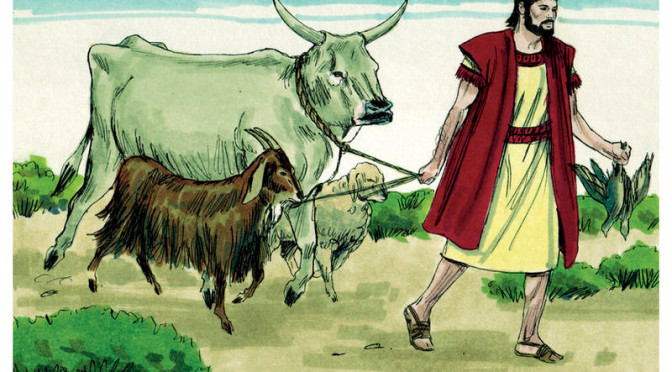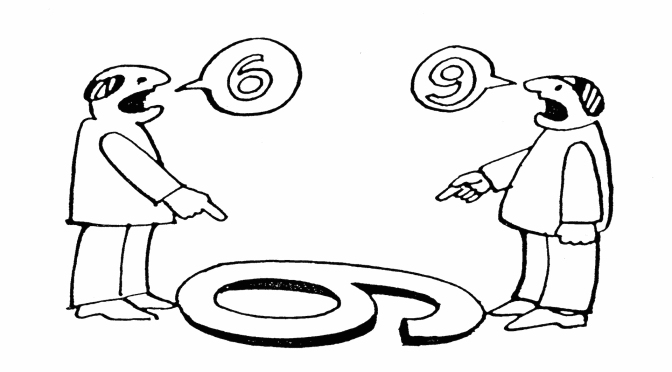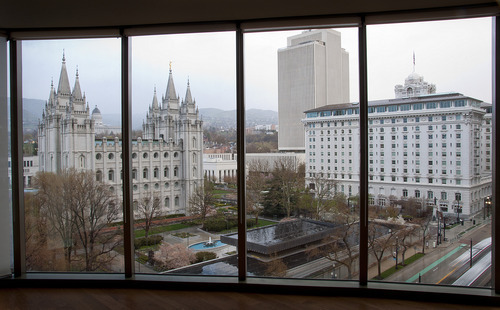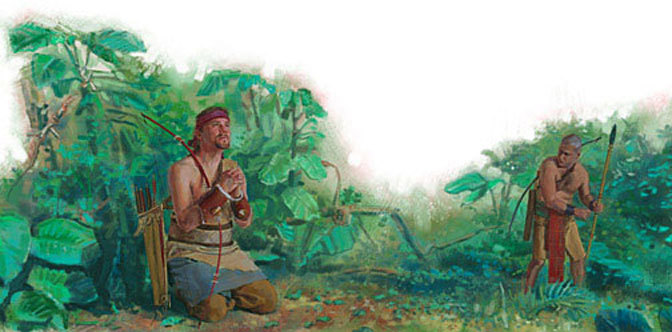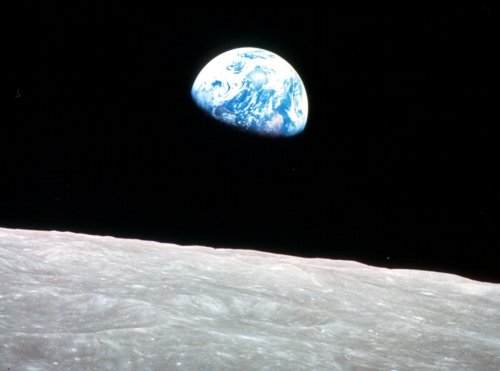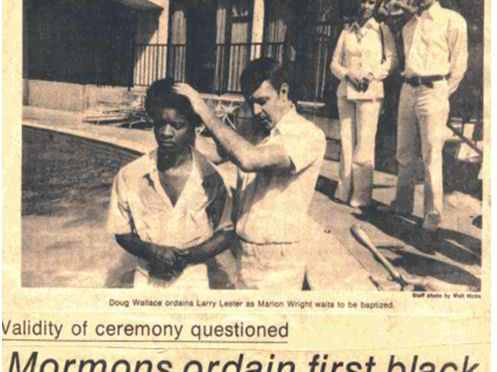“You don’t know me; you never knew my heart. No man knows my history… I don’t blame any one for not believing my history. If I had not experienced what I have, I could not have believed it myself.”
(It is The Law of The Internet that every religious blogger must, at some point, narrate and detail their conversion story. This is mine.)
—
I, Justin, being born of goodly parents, therefore I was taught somewhat in all the learning of my father; and having seen many afflictions in the course of my days, was raised up in The LDS Church, receiving all of the blessings thereof.
And it came to pass that I did learn The Gospel, and studied carefully. And, lo, I was blessed and baptized. Wherefore, I did walk in belief of The LORD. And, yea, I went forth to the ward-house each Sunday. And I did learn and answer and teach and sing mighty praises unto The LORD.
And it came to pass that bestowed upon me were the keys of The Aaronic priesthood. And I did take up fast-offerings, and did pass The Holy Sacrament, and was set-apart and sustained as President of The Quorum of Deacons.
And it came to pass that I did wax strong in the service of The LORD. And after a time I was raised to the office of Teacher and then of Priest. And I was set-apart and sustained as president of each. And, behold, I was exceeding diligent in the exercise of the office to which I had been called.
And it came to pass that bestowed upon me were many sigils of my faith. And I took each with great and unending joy. And, I carried their meaning in my heart. And, yea, I was loved of my parents, and I did love them mightily in return. And, lo, I did see upon the countenance of my father immense pride that I walked with The LORD, and I took joy.
And it came to pass that I was laborious in the exercise of The Gospel. And I did plan mightily to wander for two years so that I may spread The Word of The LORD amongst the gentiles in The Wilderness of Disbelief.
But, verily, it came to pass that without intent, I stumbled into knowledge of The Forbidden Fruit. And I did ask questions that were not deemed appropriate. Nor were they answered. And, yea, mine teachers did become stubborn and wroth, and hardened their hearts, and they did advise me to keep my faith and forsake my questions.
And it came to pass that I did also find a love of dance, and music, and theater, and explored those desires of my heart. And, verily, I did no longer find joy in the ward-house.
And it came to pass that my parents grew wroth. And they did beseech me hearken to their words, and command me to return to the ward-house. Yea, verily, they bid me serve the duties they deemed sacred, but which I did not. And they were exceeding diligent, yet the anger of mine young mind awoke and I did harden my heart against their words.
And it came to pass that I did rant and rend and was taken to see the shrinkers of heads. And, lo, they helped me not, but did impart my goodly parents with the knowledge that my anger and disbelief was genuine. And, though they grew exceeding sad, they did leave me to the desires of my heart.
And it came to pass that I did as my goodly parents feared. I no longer entered the ward-house. And, yea, I wasted many nights in the company of both friends and fiends and secret combinations. And I adorned myself with cloth of blackness and of jewelry, and of symbols deemed to be of The Adversary. And, lo, I did engage in the forbidden fruits of coffee, tobacco, and alcohol.
And it came to pass that this period was known as ‘The Rebellion.’
And it came to pass that with new freedom to wander outside the bounds of the ward-house, I did question the doings of The LORD. And I did wonder upon natural law. And, lo, to question as to why The LORD was once the cause of great earthquakes, but now it was left to the movements of tectonic plates. And, lo, I did dwell upon the creation of life, and the evidence for evolution. And, lo, I did also dwell upon the whole of creation and the singularity of “The Big Bang.” And, though I being somewhat ignorant in the ways of science due to budgetary cuts in The Public Schools, I wondered if these, having evidence, were better explanations for natural law than The LORD.
And it came to pass that I did pray aloud, and in my mind, “Is there no god?”, and answer there came none.
And it came to pass that I wondered with regards to the miracles of The LORD. And, lo, I wondered, “Wherefore does The LORD no longer do as he did in The Bible, or The Book of Mormon? If we are a wicked generation, as has been many times spoken, wherefore are we not smote as Lot’s Wife or as Zarahemla or as Babel? And how could so many animals fit on a wooded boat? And wherefore did God need a flood? Could he have not just smote every evil living thing in an instant? And, yea, there are many amputees who have not limbs, yet pray, and they are not restored?”
And it came to pass that I did speak aloud, and in my mind, “Is there no god?”, and answer there came none.
And it came to pass that for forty days and forty nights, many such questions did I dwell upon. And, lo, I wandered in the desert of Southern Zion, but I read neither book about god, nor website, nor blog, but dwelt in mine own thoughts, and called myself ‘atheist’, as I believed not in The LORD.
And it came to pass that I deceived a wise and most beautiful woman. And unto me she became my bride. And, lo, I saw that she was very, very good. And I did cleave unto her, and she to me.
And it came to pass that my wise and goodly father did pass away from The Earth, and all who knew him did morn mightily. And, verily, I did again, question my faith in The LORD.
And it came to pass that The Ass of The LORD did visit upon me at the grave of my father, and did tell me that which I already knew. And The Ass spoke that my father’s heart had been saddened because I did no longer walk with The LORD. And, verily, I bid him, get thee behind me. And he did so. And I did name him Ass.
And it came to pass that I once again did speak aloud, and in my mind, “Is there no god?”, and answer there came none.
And it came to pass that it was given unto me a book. And, lo, the title of the book was “No Man Knows My History.” And, lo, the contents were familiar to the stories of my youth. And I did read the book and comprehend the words, and dwelt upon the words. And I did study and verify and look up sources. And I grew exceeding wroth once more. For, verily, it came to me that I had been deceived by those attending the ward house, and also by my goodly parents, who themselves had been deceived by their goodly parents, and their goodly parents, even unto the many generations since the parents of my ancestors traveled across The Great Sea and through the wilderness to The Promised Land.
And it came to pass that I sought more from The Tree of Knowledge. And, lo, there fell two wizards, seeming from the sky. And, yea, the wizards called themselves Penn & Teller, and as I beheld them, scales of ox dung fell from mine eyes. And, behold, the wizards did make appear in mine sight a multitude of scholars. And they were called Carl Sagan, and James Randi, and Michael Shermer, and Christopher Hitchens, and George Carlin, and Eugenie Scott, and Eddie Izzard, and Greta Christina and Richard Dawkins, and Bertrand Russell.
And it came to pass that I read the words of the scholars, and I heard the words, and I understood the words, and I questioned the words, and I pondered long upon the words. And, yea, the words rang with The Truth of Evidence and The Truth of Logic. And, yea, I saw that many had questioned as I questioned. Yea, verily, they thought as I had thought. And, verily, they had written down their thoughts and their questions and their answers.
And it came to pass that I discovered in me a deep and abiding love of physics, and astronomy, and geology, and paleontology, and biology, and all that which illuminates The Path of Science. And, lo, the whole of the firmament appeared much different to me, and mine eyes were opened – and I saw with the wonder of a child. And, lo, I found myself not alone in my skepticism. Yea, verily, there is among us a great multitude of those who take joy in not knowing, and discovering, and questioning.
And it came to pass that I saw that it was good. And, yea, verily, as I dwell in unbelief, I have found much joy.

